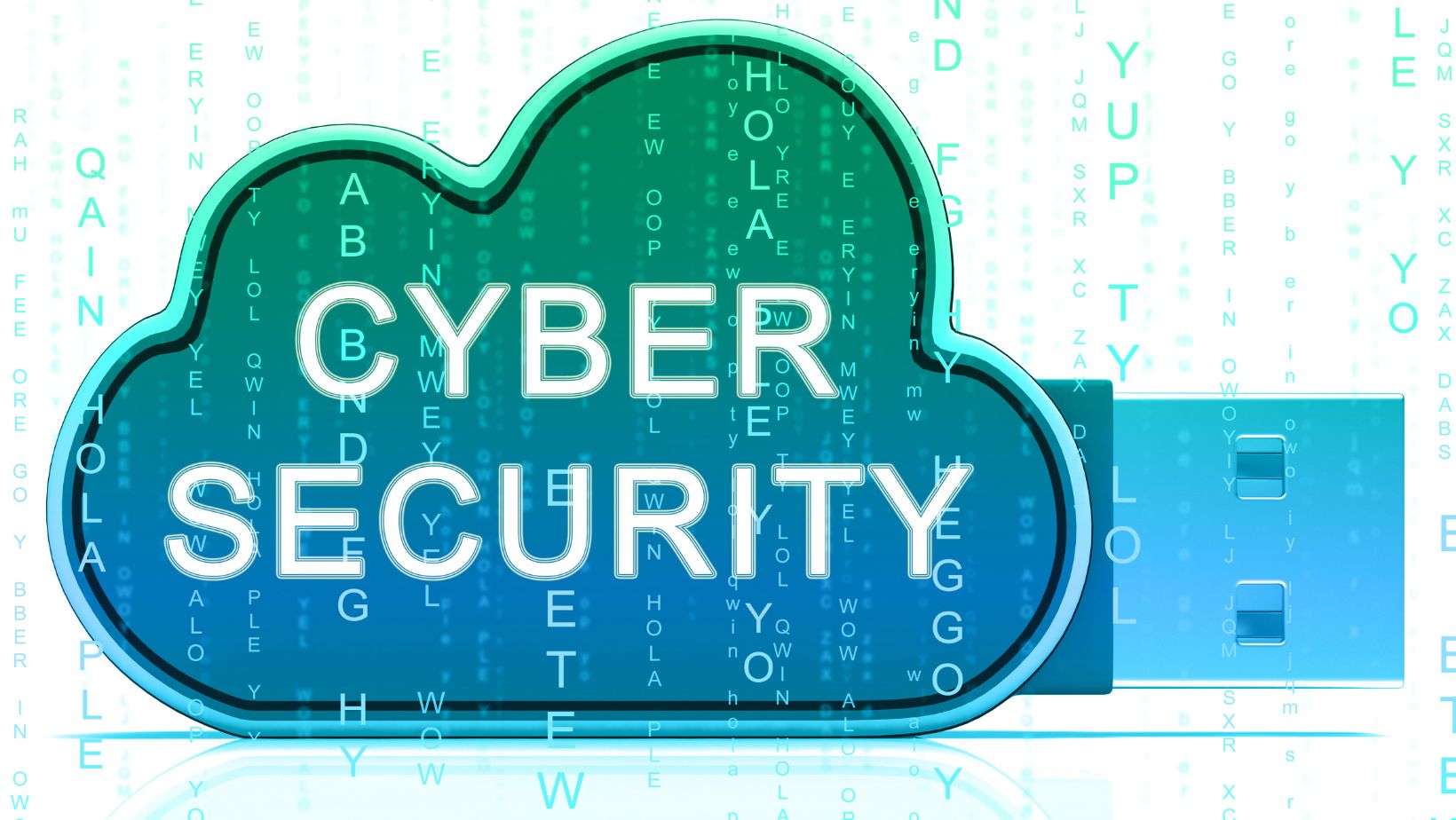Key Takeaways
- Junior cybersecurity analysts are the first line of defense in protecting organizations from cyber threats, involving real-time network monitoring and incident response.
- Key responsibilities include identifying vulnerabilities, assisting in incident response, conducting security assessments, and collaborating with IT teams to enhance security measures.
- A relevant educational background, technical knowledge of network protocols, and strong analytical and communication skills are essential for success in this role.
- Certifications such as CompTIA Security+ and Certified Ethical Hacker (CEH) significantly improve job prospects and career advancement opportunities for junior analysts.
- Analysts face challenges such as high-pressure situations and the need to stay updated with constantly evolving cyber threats through ongoing education and professional development.
- Familiarity with key tools and technologies, including SIEM, IDS, and vulnerability scanners, is crucial for effectively monitoring and responding to potential security incidents.
In today’s digital landscape, the demand for cybersecurity professionals is skyrocketing. A junior cybersecurity analyst plays a crucial role in protecting organizations from ever-evolving cyber threats. These entry-level positions offer an exciting opportunity for tech-savvy individuals eager to dive into the world of information security.
Junior analysts are often the first line of defense, monitoring networks and systems for suspicious activities. They assist in identifying vulnerabilities and help implement security measures to safeguard sensitive data. With the right skills and a proactive mindset, they can pave the way for a rewarding career in a field that’s not only vital but also constantly growing.
Junior Cybersecurity Analyst
 Junior cybersecurity analysts serve as the first line of defense against cyber threats, focusing on safeguarding organizations from potential breaches. Their role involves active monitoring and assessment of security protocols.
Junior cybersecurity analysts serve as the first line of defense against cyber threats, focusing on safeguarding organizations from potential breaches. Their role involves active monitoring and assessment of security protocols.
Job Responsibilities
- Monitor Network Activity: Junior analysts continuously track network traffic for suspicious activities and potential breaches.
- Identify Vulnerabilities: Junior analysts evaluate systems and applications to detect weaknesses that hackers may exploit.
- Assist in Incident Response: Junior analysts support the incident response team in analyzing security incidents and implementing remediation strategies.
- Conduct Security Assessments: Junior analysts perform regular security assessments and audits to ensure compliance with industry standards.
- Collaborate with Teams: Junior analysts work alongside various IT teams to enhance overall security measures and share findings.
- Educational Background: A bachelor’s degree in computer science, information technology, or a related field is often required.
- Technical Knowledge: Familiarity with network protocols, firewalls, and intrusion detection systems is essential.
- Analytical Skills: Strong analytical abilities enable junior analysts to recognize anomalies in data and identify trends.
- Communication Skills: Effective communication skills facilitate collaboration with team members and the reporting of findings.
- Certifications: Certifications like CompTIA Security+, CEH (Certified Ethical Hacker), or CISSP (Certified Information Systems Security Professional) can enhance job prospects.
Importance Of Junior Cybersecurity Analysts
 Junior cybersecurity analysts play a critical role in enhancing organizational security and fostering career growth within the cybersecurity landscape. Their contributions not only mitigate risks but also pave the way for future leaders in the industry.
Junior cybersecurity analysts play a critical role in enhancing organizational security and fostering career growth within the cybersecurity landscape. Their contributions not only mitigate risks but also pave the way for future leaders in the industry.
Impact On Organizational Security
Junior cybersecurity analysts monitor network activity to detect suspicious behavior and potential threats. They assist in identifying vulnerabilities in systems and applications, helping organizations to implement necessary security measures. Through regular security assessments, these analysts strengthen the overall defense against cyberattacks. Collaboration with IT teams allows junior analysts to address security challenges promptly, ensuring sensitive data remains protected. Their proactive approach to incident response contributes significantly to minimizing damages from security breaches.
Career Growth Opportunities
Junior cybersecurity positions serve as a launchpad for career advancement in information security. These roles provide hands-on experience, enhancing technical knowledge and problem-solving skills. As analysts gain expertise, they often transition into mid-level roles, such as security analysts or incident response specialists, with increased responsibilities and higher salaries. Professional certifications, including CompTIA Security+ and Certified Ethical Hacker (CEH), further boost career prospects, making junior analysts well-equipped for long-term success in an evolving industry. Networking opportunities and mentorship from senior professionals also play a key role in their growth trajectory.
Tools and Technologies Used
Junior cybersecurity analysts rely on a variety of tools and technologies to effectively monitor systems and respond to potential threats. Familiarity with these resources enhances their ability to protect an organization’s digital assets.
Common Software and Platforms
- Security Information and Event Management (SIEM): Tools like Splunk and IBM QRadar collect and analyze security data, enabling analysts to identify unusual patterns in real-time.
- Intrusion Detection Systems (IDS): Solutions such as Snort or Suricata help detect unauthorized access and potential breaches through packet analysis.
- Vulnerability Scanners: Tools like Nessus and Qualys assess systems for known vulnerabilities, providing junior analysts with the necessary information to prioritize remediation efforts.
- Endpoint Protection Platforms (EPP): Software like CrowdStrike or Symantec Endpoint protect against malware and unauthorized access on devices within the network.
- Network Monitoring Tools: Solutions such as Wireshark and Nagios allow analysts to monitor network traffic for anomalies, crucial for identifying potential attacks.
- Firewall Technologies: Firewalls, whether hardware or software-based like Palo Alto Networks and Cisco ASA, are essential for controlling incoming and outgoing network traffic based on security rules.
- Online Training Platforms: Websites like Cybrary and Coursera offer courses on cybersecurity concepts, helping analysts stay updated with industry best practices.
- Certifications: Achieving certifications such as CompTIA Security+ and Certified Information Systems Security Professional (CISSP) enhances knowledge and validation of skills.
- Professional Communities: Engaging in forums like Reddit’s r/cybersecurity or attending meetups allows analysts to exchange ideas and learn from peers.
- Mentorship Programs: Partnering with experienced professionals provides valuable insights and guidance in navigating career paths within cybersecurity.
- Webinars and Conferences: Participating in events like Black Hat and DEF CON exposes analysts to the latest technologies and trends in the cybersecurity landscape.
Challenges Faced By Junior Cybersecurity Analysts
Junior cybersecurity analysts encounter several challenges in their roles, often stemming from the complex nature of cybersecurity. Addressing these obstacles is crucial for their development and effectiveness within organizations.
High Pressure Situations
Junior cybersecurity analysts frequently operate in high-pressure environments. They monitor networks 24/7, which requires swift decision-making during incidents. Analysts often engage in real-time threat detection and response, necessitating the ability to act decisively under stress. The responsibility of safeguarding sensitive information amplifies this pressure, especially during cybersecurity incidents where the stakes involve potential data breaches and financial loss.
Keeping Up With Evolving Threats
Keeping pace with evolving cyber threats poses a significant challenge for junior analysts. The cybersecurity landscape continually changes, with attackers developing new techniques and tools. Analysts must dedicate time to ongoing education to understand emerging threats and vulnerabilities. Engaging with professional communities, attending webinars, and pursuing certifications are essential for staying informed. The rapid evolution of cyber threats means that skills and knowledge can quickly become outdated, making continuous learning a necessity for effectiveness in this critical field.
The role of a junior cybersecurity analyst is essential in today’s digital landscape. As organizations face increasing cyber threats, these professionals serve as the first line of defense. Their ability to monitor networks identify vulnerabilities and respond to incidents directly impacts an organization’s security posture.
With a strong foundation in cybersecurity practices and tools junior analysts are well-positioned for career advancement. By embracing continuous learning and seeking mentorship they can navigate the complexities of the field and take on more significant responsibilities. The journey from a junior analyst to a seasoned cybersecurity expert is not only rewarding but also crucial for shaping the future of information security.

